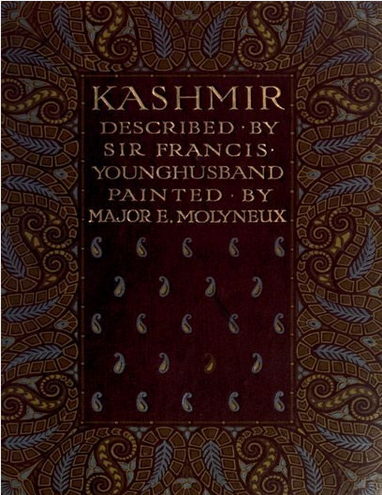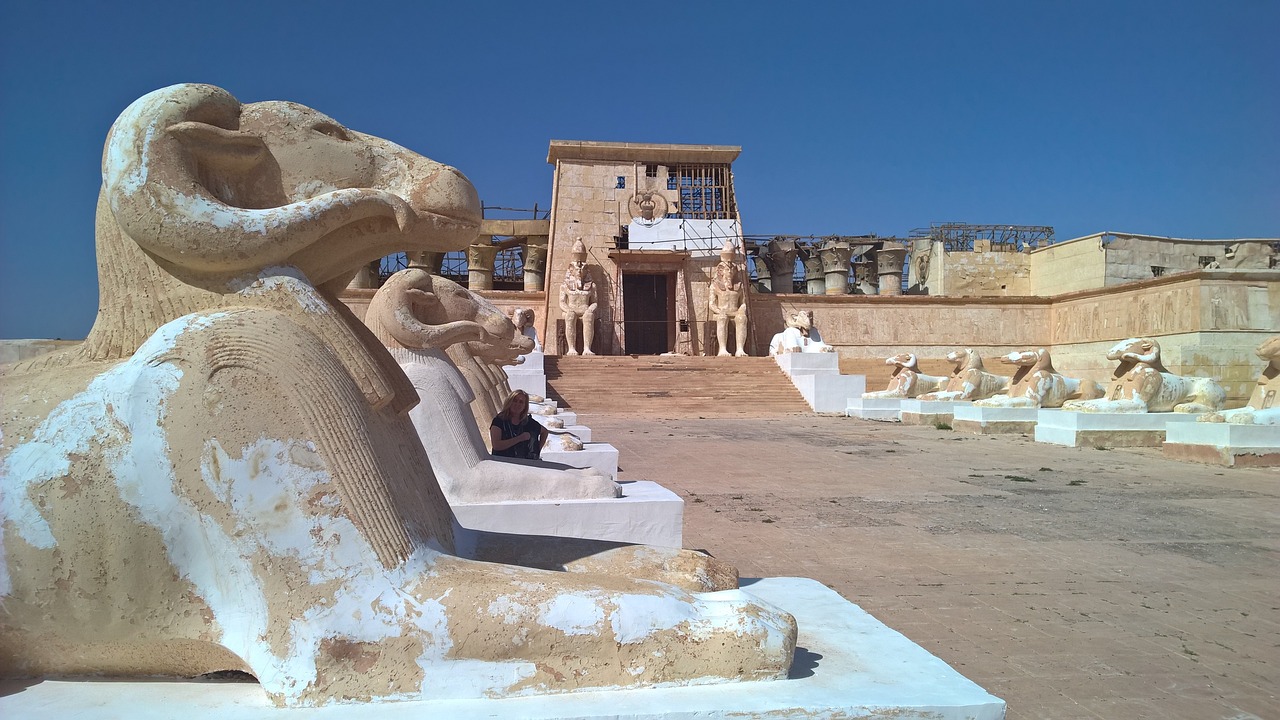” Confessions ” is a profoundly introspective and philosophical work penned by Saint Augustine, a foundation of Western theological and philosophical study. Completed in 397 announcement, this autobiographical narrative takes compendiums on a reflective trip through Augustine’s life, tracing his path from a life of immature indulgence and sin to a spiritual awakening and a deep commitment to Christianity.
Augustine’s” Confessions ” isn’t simply a bio but also a theological disquisition. It delves into the author’s struggles, dubieties, and ultimate spiritual metamorphosis. Augustine’s work is structured as a prayer to God, offering compendiums an intimate depiction of his studies and gests .
The textbook grapples with profound empirical questions, similar as the nature of time, the actuality of wrong, and the pursuit of verity. Augustine’s confessional style reveals the internal struggles he faced, exploring the complications of mortal nature and the pursuit of spiritual fulfillment.
One of the most remarkable aspects of ” Confessions ” is Augustine’s candid and reflective tone. He wrestles with his own conduct and provocations, seeking redemption and a deeper understanding of God’s will. The work’s universal themes make it applicable indeed in contemporary times, as it touches upon the mortal hunt for meaning, morality, and the godly.
Augustine’s eloquent prose, coupled with his intellectual depth, continues to allure compendiums , scholars, and those intrigued by theology, gospel, and the mortal condition.” admissions” remains a dateless classic that offers sapience into the mortal experience and spiritual soul-searching.
This seminal work invites compendiums to contemplate life’s deeper questions and to reflect on the nature of actuality, making it a study- provoking and perfecting read for anyone seeking a deeper understanding of tone and church.
Confessions” by Saint Augustine is a monumental work that profoundly influenced Western thought, establishing itself as a foundational piece in both theological and philosophical realms. Augustine’s autobiographical narrative serves not only as a documentation of his personal journey but also as a means to explore the relationship between the human soul and the divine.
Throughout the work, Augustine grapples with the complexities of human nature, original sin, and the pursuit of spiritual truth. He artfully interweaves his personal experiences, inner conflicts, and spiritual transformation, offering a deeply personal account of his quest for meaning and ultimate fulfillment.
The book is divided into 13 books, each focusing on various phases of Augustine’s life. From his early years marked by indulgence and recklessness to his intellectual pursuits and eventual conversion to Christianity, Augustine meticulously examines the struggles he faced in reconciling his faith with his worldly desires.
Augustine’s reflective and introspective style invites readers to contemplate the dichotomies inherent in the human condition, such as the eternal conflict between the material and the spiritual, the temporal and the divine. His ruminations on time, memory, and the nature of evil are particularly thought-provoking, prompting readers to ponder their own existence and the meaning of life.
Furthermore, “Confessions” stands as a testament to Augustine’s mastery of language and rhetoric. His eloquent prose, coupled with his ability to navigate complex philosophical concepts, makes this work accessible and compelling even to contemporary audiences.
This timeless piece not only provides a window into the life and thoughts of Augustine but also serves as a guide for individuals on their own personal journeys. It encourages self-reflection, challenges preconceptions, and beckons readers to contemplate their relationship with the divine.
“Confessions” continues to be a significant and influential text, captivating readers across generations and disciplines. Its relevance lies in its profound exploration of the human experience, spirituality, and the pursuit of truth, making it an enduring classic that remains as pertinent and enlightening today as it was in the fourth century.
Confessions” by Saint Augustine is a multi-layered and introspective masterpiece that continues to resonate across centuries for its profound insights into the human condition and spiritual quest. Augustine’s work not only serves as a personal testament but also provides a deep exploration into theology, philosophy, and the struggles of faith.
The beauty of “Confessions” lies in its universality. Augustine’s inner conflicts, doubts, and profound search for truth are timeless, as they mirror the struggles of individuals across different cultures and eras. His ability to dissect his own life, confront his past, and grapple with the complexities of morality and existence is what draws readers into an intimate dialogue with his thoughts.
The narrative structure of “Confessions” is not just a chronological account of Augustine’s life but a philosophical journey. His discussions on the nature of God, the origin of evil, and the significance of memory and time are as relevant today as they were in his time. Augustine’s exploration of these fundamental questions provides a framework for readers to contemplate their own existence and spirituality.
Additionally, the work is a testament to the power of self-reflection. Augustine’s willingness to lay bare his own flaws and struggles, his raw honesty about the temptations and conflicts he faced, resonates with readers on a deeply personal level. It’s not just an ancient text; it’s a mirror that reflects the human struggle, making it eternally relatable.
The enduring appeal of “Confessions” also lies in its influence on diverse fields. It has been a source of inspiration for theologians, philosophers, and writers throughout history. Its impact extends beyond religious discourse, shaping discussions in ethics, metaphysics, and the human experience.
Ultimately, “Confessions” remains a literary marvel, inviting readers to embark on an introspective journey. It prompts individuals to ponder life’s essential questions, challenging them to seek deeper meanings, grapple with their inner conflicts, and contemplate their relationship with the divine.
In conclusion, “Confessions” isn’t just a book; it’s an experience. Augustine’s probing self-examination and intellectual depth continue to captivate and enlighten readers, making this classic a treasure trove of wisdom and insight that transcends time and cultural boundaries.
Categories
- Bangla (1)
- Bios & History (5)
- Fantacy (0)
- Horror (0)
- Non Fiction (0)
- Romance (0)
- Science Fiction (0)
- Uncategorized (1)




